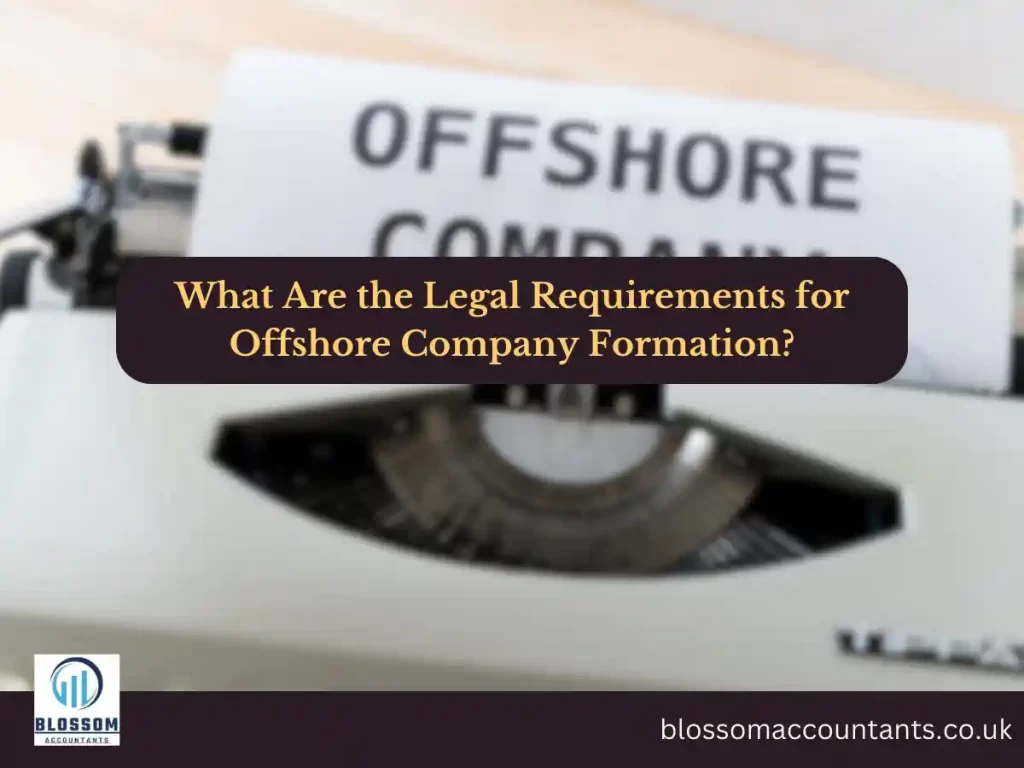Offshore company formation in the UK is a complex yet strategic process that offers businesses various benefits, such as tax optimization, asset protection, and increased privacy. This article aims to provide a comprehensive guide to offshore company formation in the UK, addressing its significance, the steps involved, legal implications, and the considerations businesses should keep in mind.
Table of Contents
What Is Offshore Company Formation in the UK?
Offshore company formation involves establishing a legal entity in a jurisdiction outside the country where the business operates.
Why Consider Offshore Company Formation?
Businesses opt for offshore company formation to reduce tax liability, protect assets, enjoy privacy, access international markets, and gain financial flexibility.
Which Jurisdictions Are Popular for Offshore Company Formation?
Common jurisdictions for offshore company formation include British Virgin Islands, Cayman Islands, Isle of Man, and Gibraltar.
What Are the Key Steps in Offshore Company Formation?
The process typically involves selecting a jurisdiction, choosing a company name, registering the company, appointing directors and shareholders, and obtaining necessary licenses.
How to Choose the Right Offshore Jurisdiction?
Factors such as tax rates, political stability, legal framework, and reputation of the jurisdiction play a crucial role in the decision-making process.
What Are the Legal Requirements for Offshore Company Formation?
Legal requirements vary by jurisdiction but generally involve submitting company documents, providing identification, and paying relevant fees.
Also read: UK Company Formation Agent

How Does Offshore Company Formation Impact Taxation?
Offshore companies can benefit from lower tax rates and favorable tax regimes, but businesses must ensure they comply with tax laws in their home countries.
What Are the Implications of Offshore Company Formation on Privacy?
Offshore jurisdictions often offer increased privacy and confidentiality, which can protect sensitive business information.
Can Offshore Companies Operate in the UK?
Offshore companies can conduct business in the UK, but they must adhere to UK regulations and tax requirements.
What Are the Reporting and Compliance Obligations for Offshore Companies?
Offshore companies are required to comply with reporting obligations in both the offshore jurisdiction and their home country.
Are There Any Risks Associated with Offshore Company Formation?
Offshore company formation can be subject to legal and reputational risks if not conducted in accordance with laws and regulations.
What Are the Costs Involved in Offshore Company Formation?
The costs vary depending on the jurisdiction, legal fees, registration fees, and ongoing maintenance expenses.
Also read: DS01 Form for Company Dissolution

How Can Businesses Ensure Compliance with Offshore Regulations?
Consulting legal and financial professionals with expertise in offshore company formation is essential to ensure compliance with all relevant laws.
How to Open Offshore Bank Accounts for Offshore Companies?
Offshore companies often require offshore bank accounts for financial operations, and this process involves meeting bank requirements and due diligence.
What Are the Key Considerations for Success in Offshore Company Formation?
Thoroughly researching the chosen jurisdiction, understanding tax implications, adhering to compliance requirements, and seeking professional advice are critical.
What Is the Role of Professional Service Providers?
Professional service providers offer expertise in navigating complex offshore company formation processes, ensuring compliance, and managing legal and financial aspects.
Conclusion:
Offshore company formation in the UK can provide businesses with a range of advantages, from tax optimization to asset protection. However, the process requires careful consideration, adherence to legal obligations, and professional guidance. By understanding the implications of offshore company formation, selecting the right jurisdiction, complying with reporting and compliance obligations, and seeking expert assistance, businesses can successfully navigate this intricate process and make informed decisions that align with their strategic goals.
DISCLAIMER: We have written the UK accounting and tax related details for your information only. For professional advice or for any accounting task you require, you may need to speak to a professional accountant near you who can assist you. Please read our disclaimer for more details.

